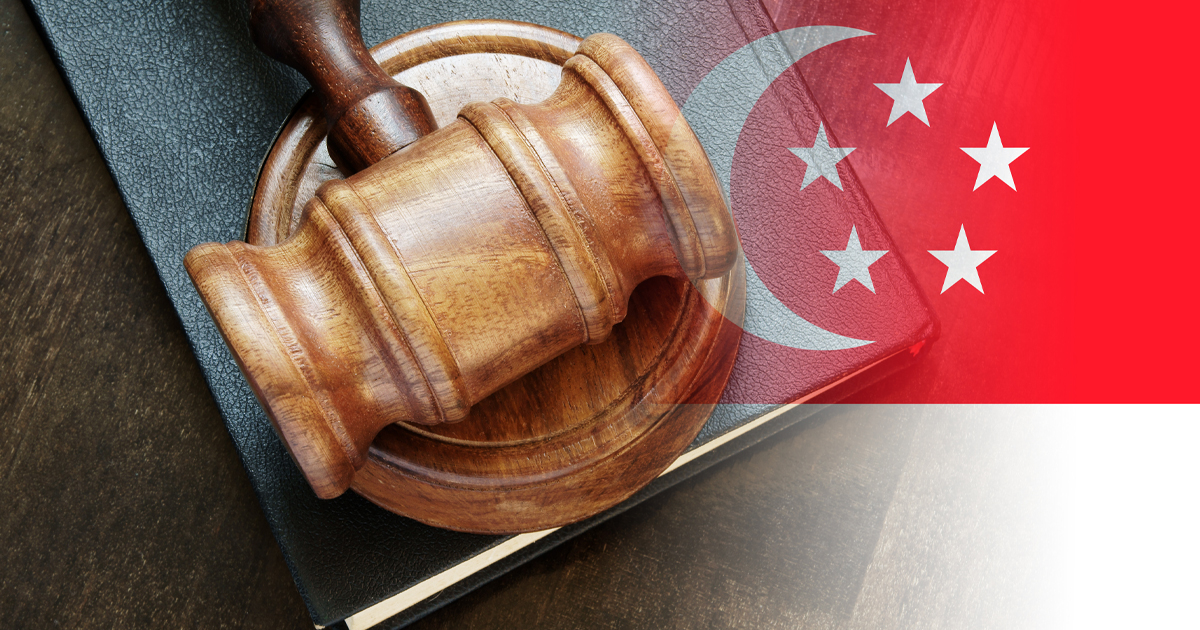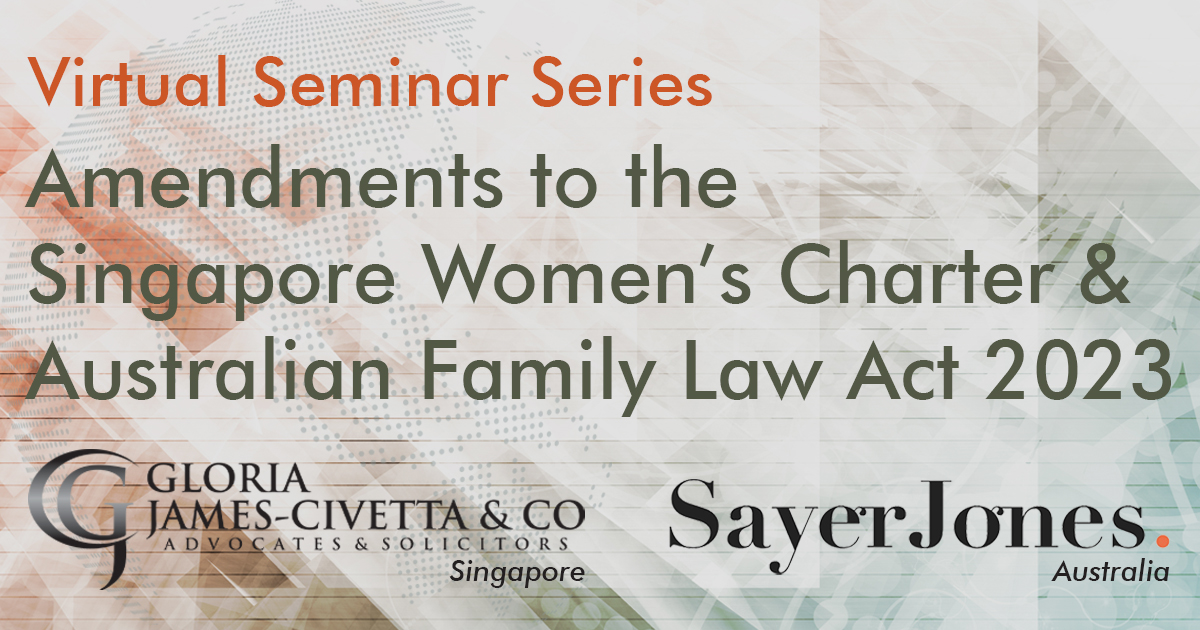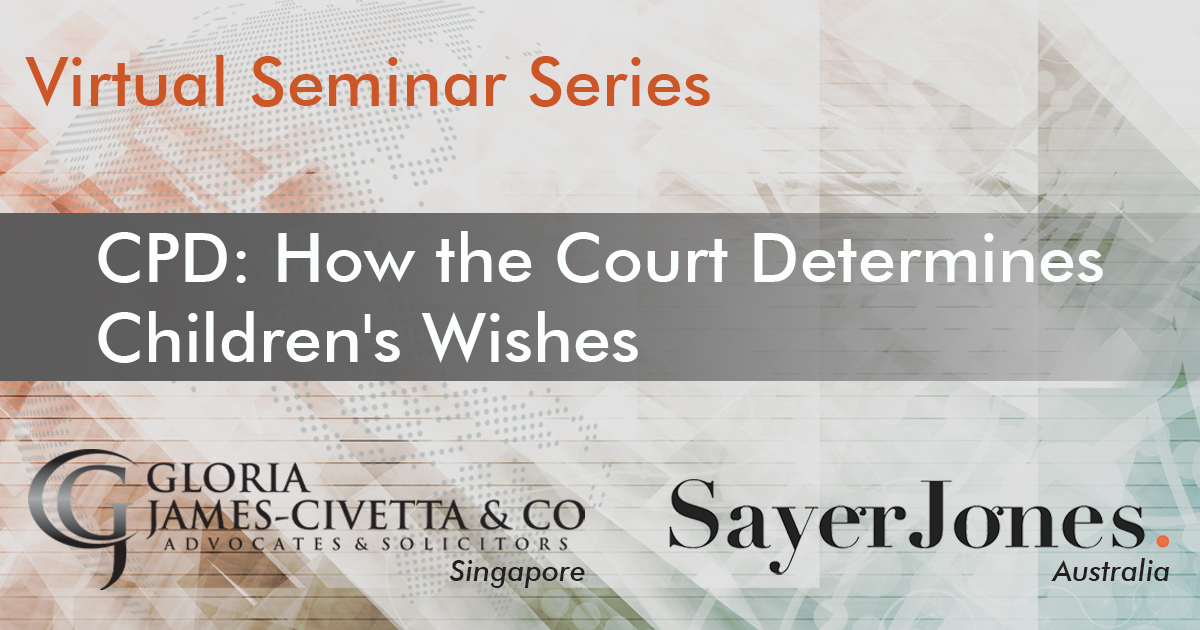It is trite law that both parents have the duty to co-parent with each other to care and provide for the children and act in the children’s best interests.
Yet, it is not uncommon for one parent to continue to harbour feelings of revenge and unhappiness to the other parent, even after the grant of a Court Order and after proceedings have concluded. As both parents react emotionally and unleash their method(s) of defence mechanism, the children are trapped between their parents and are adversely affected.
Parenting Coordination Scheme in Singapore
Recognising the problems that parents may face in executing the Court Order, especially in cases where parents are in extremely high conflict, the Singapore Family Justice Courts (“FJC”) recognised a need for a qualified professional to assist parties in co-parenting in the children’s best interests.
The qualified professional is also known as a Parenting Coordinator (“PC”). As a starting point, in February 2016, 24 lawyers were trained by a Parenting Coordination expert.
In the Judiciary Times, May 2017, the FJC highlighted “the Parenting Coordinator (PC) is essentially an educator, a facilitator. a coach and a mediator all rolled into one.
They teach parents joint parenting and its benefits, helping parents communicate better. encourage the father and the mother, find ways of helping them be self-sufficient and proactive, and try to resolve parental disputes or disagreements through consensus.”
The Parenting Coordination Scheme in Singapore was therefore designed to assist high-conflict parents to co-parent upon the grant of a Court Order on child issues (i.e parenting and access issues), with the ultimate goal of having parents to be able to co-parent and resolve conflicts on their own.
This will reduce the need for parties to take out protracted cross-applications for variation, enforcement or even contempt of court proceedings. fuelling acrimony between parties.

Legislation governing the Parenting Coordination Scheme/Programme in Singapore
Since 1 July 2020, legislation has been in place for the Parenting Coordination Scheme, also known as the Parenting Coordination Programme (“PCP”) by way of amendment of the Family Justice (Amendment No. 2) Rules 2020 in Section 34A to 34G of the Family Justice Rules 2014. This legal update will briefly go through the new amendments in turn.
The PCP has been defined under Section 34A of the Family Justice Rules as a family support programme for the purpose of addressing or resolving any disagreement about any parenting matter (i.e custody, care and control, right of access to a child or welfare of the child) between parents arising from a relationship issue between parents or between parent and child.
Under the new legislation, the Court may, on its own motion, order parties to attend the PCP and appoint a PC. Alternatively, parties may also take out an application by way of the summons and supporting affidavit.
Factors the Court is to consider when deciding whether to order parties to attend the PCP and appoint a PC are also provided. The factors are as follows: –
- Whether it is in the child’s best interests;
- Whether parties will benefit from the assistance of a PC; and
- Whether the fees of a PC are within the financial means of either or both parties (as the PC’s fees are generally chargeable at his/her hourly rate).
The Court may also make any orders it considers necessary to facilitate the execution of the PCP including the PC’s appointment terms, period of the PCP frequency of the sessions with the PC, remuneration of the PC and proportion of remuneration of the PC borne by each party.
The Court may also modify these orders in relation to the execution of the PCP or make subsequent orders at its own motion or at the parties’ or the PC’s request.
In the event parties are able to reach an agreement on any issue in relation to a parenting matter, a party may make an application to Court to record a consent order by way of a summons and supporting affidavit, with the consent of the other party.
With respect to the termination of the PCP, the PCP ends after the period specified or the Court may order the termination of the PCP by a party’s or PC’s application, “if the Court considers that there is good cause to do so”.
The PC may also be required by the Court to prepare a report no later than 12 months after the termination of the PCP and the Court may have regard to the report in considering any question relating to any parenting matter.
Concluding thoughts
In the recent Family Justice Courts Workplan Speech delivered on 21 May 2020, the Honourable Justice Debbie Ong has encouraged that we adopt “Therapeutic Justice” which is “a lens of ‘care'” in our family justice system where the system is “problem-solving” and “must be a non-adversarial one”.
In a similar vein, the Honourable Judge of Appeal Andrew Phang in the recent Court of Appeal decision of VDZ v VEA [2020] SGCA 75 has also noted in paragraph 75 that the family justice system “is intended to aid the parties (and their children) to achieve as much healing in all its variegated aspects as is possible in order that they move forward as positively as possible with their lives”.
Keeping in mind the Honourable Justice Debbie Ong and Honourable Judge of Appeal Andrew Phang’s views, the PCP is a welcomed approach and the success of the PCP depends on the willingness of the parties to make it work with the PC journeying with them over an extended period of time.
This will require a parent to acknowledge the importance of the other parent, put aside his/her past hurts and insecurities and be a bigger individual to reach a compromise, solely out of love for their child (ren).
This update is for general information only and it is not intended to constitute legal advice. M/s Gloria James-Civetta & Co has made all reasonable efforts to ensure that all information provided in this article is accurate as at the time of publication.
Contributed by:
Ms Gloria James












